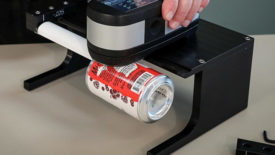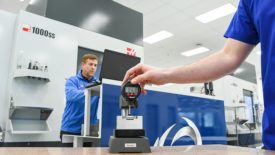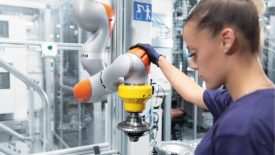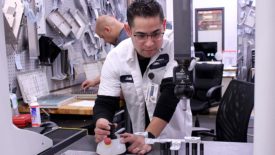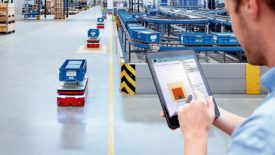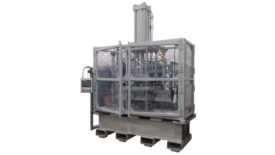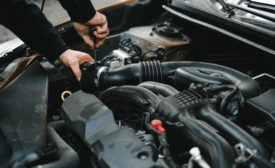Automotive
Color Measurement
Capturing and analyzing color data can help identify areas for improvement.
Read More
Software & Analysis
Reverse Engineering Software: Who? What? When? Where? Why?
Reverse engineering is used practically everywhere and in every industry.
September 1, 2022
Vision & Sensors | Sensors
Smart Color Sensor Technology
For color detection, color measurement and innovative automation tasks.
September 1, 2022
Case Study B
Roush Yates Engines Seconds The Motion For Automated Data Acquisition
New data collection technology ensures speed, accuracy, scalability and security.
August 16, 2022
Management
6 Key Considerations For Applying Collaborative Robots
The extent of collaboration helps determine the need for a cobot.
June 8, 2022
Test & Inspection
Shining A Light On Color Quality Control
Monitoring color during the entire production process can help manufacturers identify color drifts before they become a problem.
March 8, 2022
Management
2022 Quality Plant of the Year: Larsen Manufacturing
Larsen Manufacturing is an industry leader in quality systems and quality assurance.
March 2, 2022
Vision & Sensors | Robotics
The Rise of Smarter Robots
Using a high-quality 3D camera, the robot can locate the part, regardless of orientation, and provide pick coordinates to the robot.
March 1, 2022
Case Study
How A Custom Crusher Used Precise Motion Data To Open New Manufacturing Possibilities
The problem wasn't whether the client could make the parts; it was whether the client could test samples in a rapid, cost-efficient, productive way.
February 15, 2022
Sponsored Content
How to Predict and Prevent Product Failure
Preventing both warranty issues and field problems due to lack of product reliability.
February 11, 2022
Stay in the know with Quality’s comprehensive coverage of
the manufacturing and metrology industries.
eNewsletter | Website | eMagazine
JOIN TODAY!Copyright ©2025. All Rights Reserved BNP Media.
Design, CMS, Hosting & Web Development :: ePublishing
